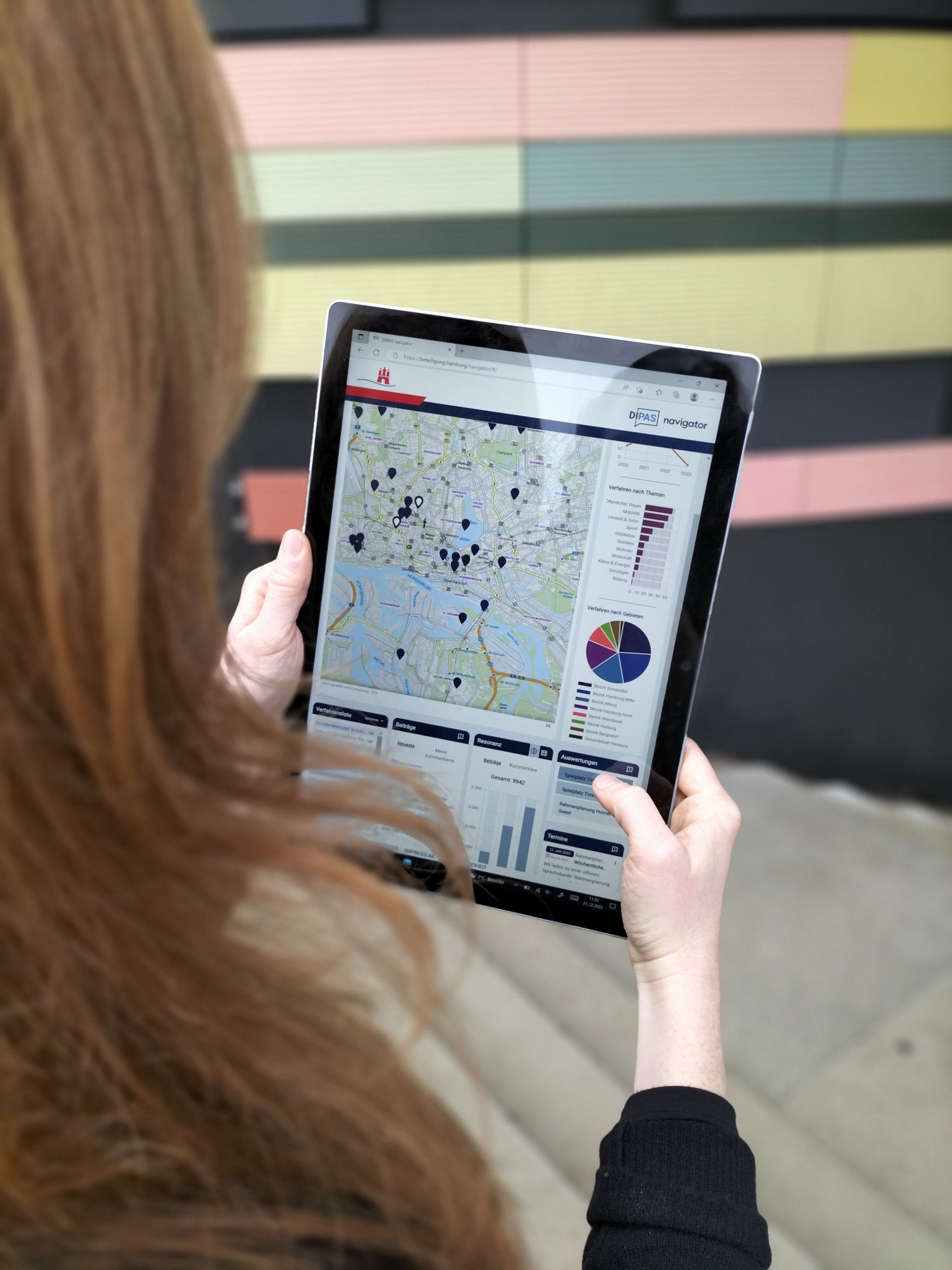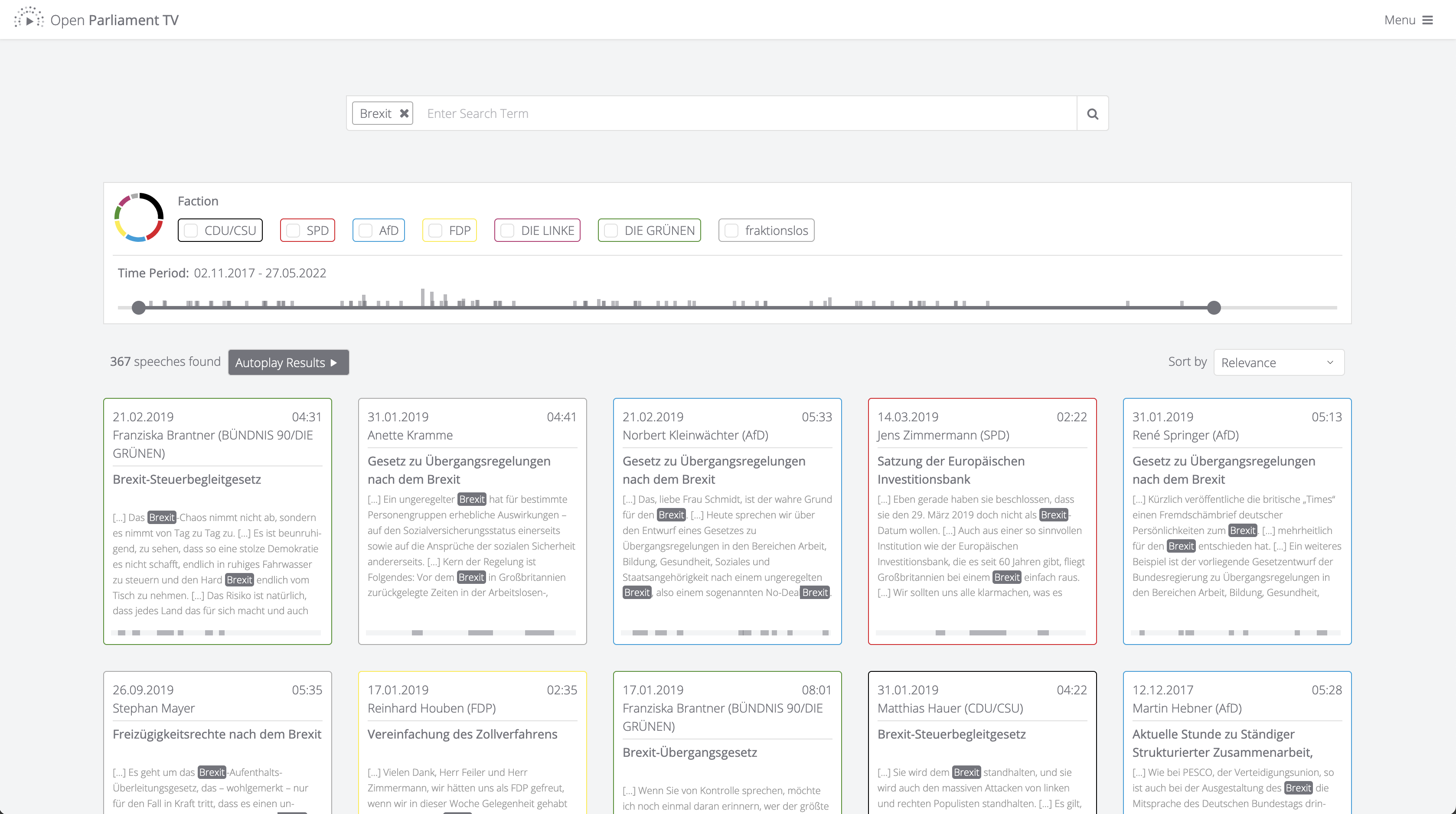 © Paul Schneider
© Paul SchneiderThe Democracy Guide transparently maps who is elected and in office, and where, developing an action plan for a municipal open-data norm.
TACKLING POLITICAL POWERLESSNESS
Who is responsible for what and where? This question should be easy to answer at any time in a democracy. However, it is not at the moment due to a complex federal system in Germany. Data shows that only 15% of people still believe that politicians are interested in their concerns. Narratives from "those at the top" who don't understand us citizens are becoming more and more entangled. This increases people's frustration and sense of political powerlessness.
MAPS FOR POLITICS
This is precisely where the Democracy Guide comes in. With just one click, every citizen should know which politician can be contacted locally. The aim is to give responsibility a face through an interactive map of responsible politicians. The idea is simple - maps for politics - but the implementation is like rocket science, especially at the local level. The data is not available in a structured digital format, and each local authority manages this data itself. Therefore, this projects simplifies a great chaos.
A BRIDGE BETWEEN CITIZENS AND POLITICS
This technological solution builds a bridge between citizens and politicians to eliminate the ever-increasing communication deficit. When citizens experience politics as approachable and helpful, those at the top become committed people who are part of my community. The prototype of the guide is therefore important to show policymakers how bad the data situation is and that a standard is needed. The partnership of technical civil society and political actors with the same goal creates sustainable change.







